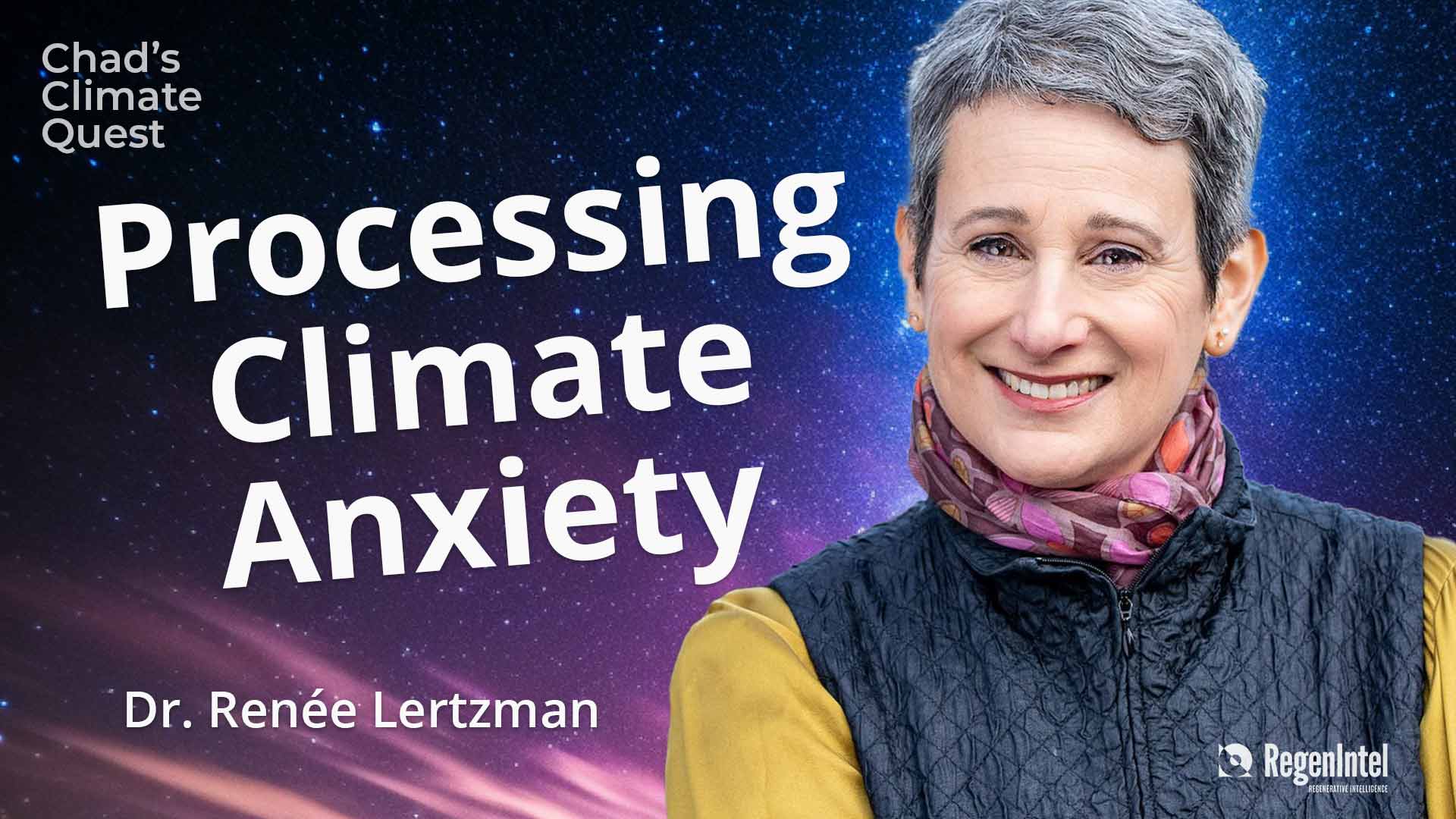"People don't need enormous cars; they need respect. They don't need closets full of clothes; they need to feel attractive and they need excitement, challenge, acknowledgment, love, joy. To try to fill these needs with material things is to set up an unquenchable appetite for false solutions to real and never satisfied problems." … Dana Meadows from the book Limits to Growth, 1972
This week’s episode of Green Planet Blue Planet perfectly reflects Dana Meadows’s messages from 1972 in her book Limits to Growth. More than a half-century later, humanity is still grappling with the same question. David Peter Stroh, author of “Systems Thinking for Social Change: A Practice Guide to Solving Complex Problems” dives into the subject of empowering individuals to create change when the world needs it most. Stroh outlines systems thinking in this episode of Green Planet Blue Planet with host Julian Guderley, beginning with the enormous question: What does the world need most from people?
Simply - it is a deeper appreciation of where joy truly originates.
Taught by the advertisers in the free market, people expect joy to come from the acquisition of stuff. With the gifting holidays approaching, it’s definitely on peoples’ minds and weighing heavy on hearts as they are bombarded with continuous messages to acquire more and more things.
Stroh said research shows human joy comes from connecting: Connecting with nature, and being nourished by nature, connecting with other people, and certainly connecting with different experiences and different places. Starting out as a transportation designer in government, he ultimately gravitated toward the spiritual aspects of connections and his passion for acting, both useful to him in his next movement into the field of organizational development. This led him to question the conventional approaches to organizational development to shift to a focus on the underlying visions and aspirations and the way in which individuals relate to each other and the larger environment.
Stroh co-founded Innovation Associates in the 1970s with Peter Senge, who in 1990 authored a book on the art and practices of learning organizations, entitled The Fifth Discipline, based on their pioneering work on systems thinking, which is core to understanding the often non obvious connections between different parts of an evolving system.
Listen to the entire podcast and engage in the discussion to explore new perspectives on transforming our mindset for effective solutions to chronic complex issues, as well as navigating the paradoxes involved in gaining control of large and unwieldy systems.
About Peter David Stroh
David Peter Stroh is internationally recognized for his work in enabling leaders to apply systems thinking to achieve breakthroughs around chronic, complex problems and to develop strategies that improve system-wide performance over time. He has been described as “a magician” and “the master at providing interesting and useful ways to look at the complexity of systems thinking”, who “helped us tremendously in getting to the core issues” with “the mind of a scientist and the heart of a healer.”
David is the author of the best-selling book Systems Thinking for Social Change: A Practical Guide for Solving Complex Problems, Avoiding Unintended Consequences, and Achieving Lasting Results (Chelsea Green, 2015), which readers praise as “an essential – and long overdue – guide to applied systems thinking” that “shows you how to enlist others in the effort” by “masterfully weaving metaphor, story, and practical tools” using “down-to-earth language.”














